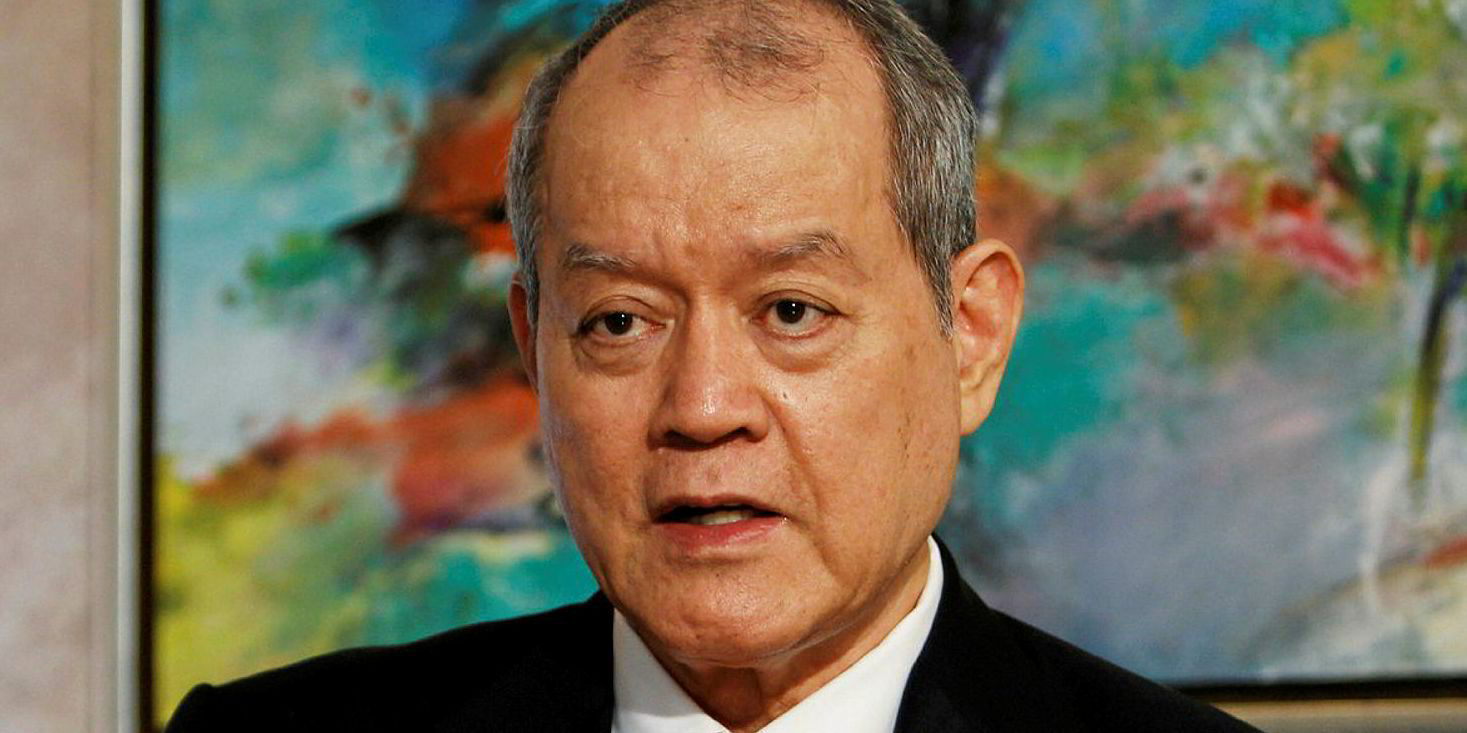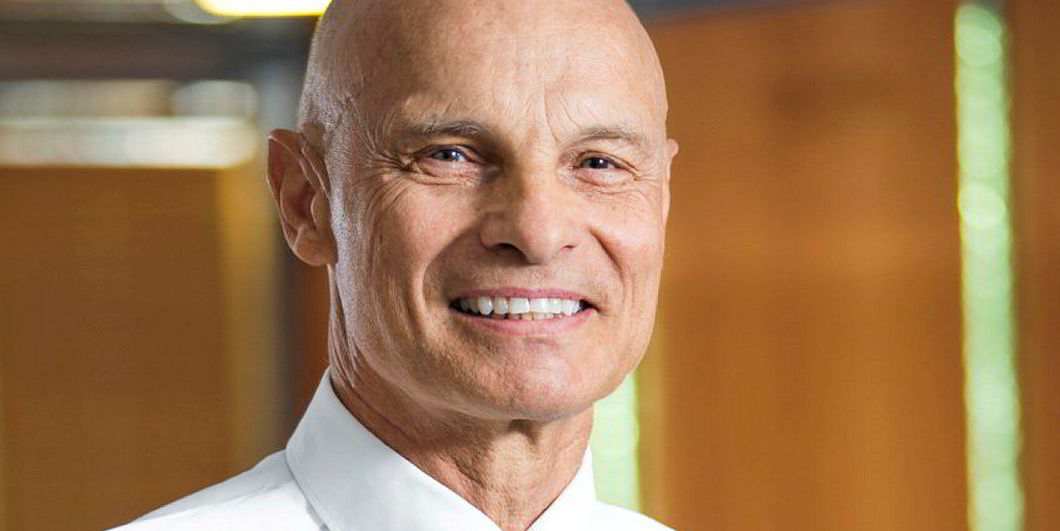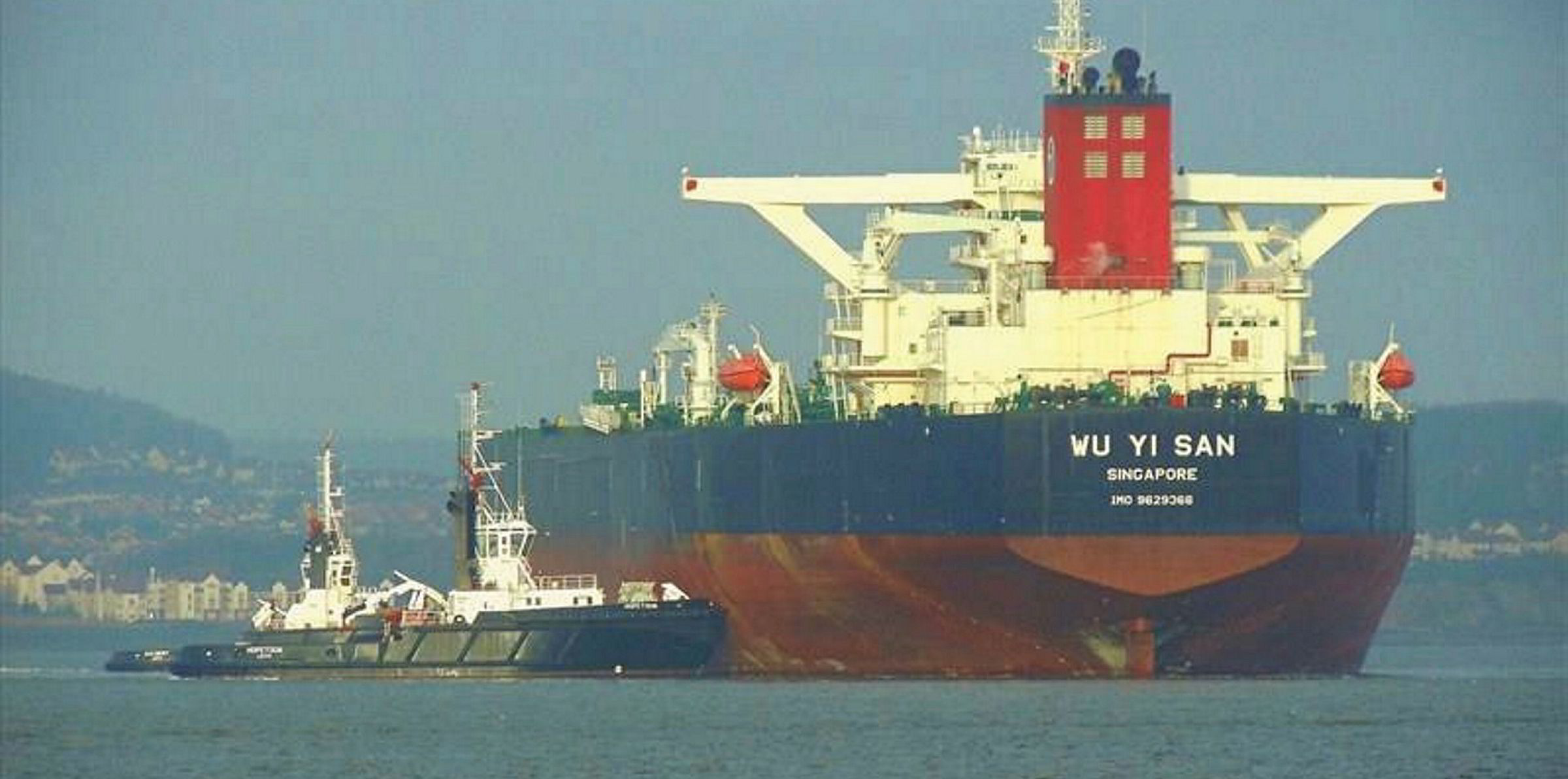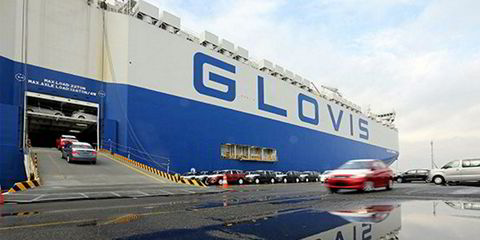Singapore oil trader Hin Leong Trading has "no future as an independent firm" after it "grossly overstated" the value of its assets by at least $3bn, its judicial managers have said in a preliminary report.
PricewaterhouseCoopers Advisory Services (PwC), the court-appointed supervisor, said it had found a "significant number of irregularities" in Hin Leong’s finances, in a report filed this week in Singapore’s High Court, reported Reuters.
The findings were based on documents and interviews with Hin Leong employees in a two-month investigation into its finances and trading activities, the news agency said quoting two unnamed sources.
PwC found Hin Leong had overstated its assets, including at least $2.23bn in accounts receivables and $800m in inventory shortfalls as of 31 October 2019. It thinks the amount in the accounts receivables is unlikely to be recovered.
“The overstatement existed to conceal significant losses that the company (Hin Leong) had accumulated over the years,” PwC said in the report.
Hin Leong is reported to have liabilities of $3.5bn and assets of just $257m.
PwC said that on its own, Hin Leong has “no reasonable prospect of being restructured or rehabilitated”.
“However, there may be some prospect of restructuring if the company is put together with other companies in the Hin Leong Group with the support and cooperation of the Lim family."
PwC is proposing that Hin Leong be merged with other companies including Ocean Tankers, which is also under judicial management, Xihe Group which owns a fleet of tankers, Universal Group Holdings and oil terminal Universal Terminal to create an integrated petroleum trading platform.
Hin Leong, which was established by Singaporean Lim Oon Kuin in 1963, was placed under interim judicial management in April 2020.
PwC added that it was holding informal discussions with potential investors to assess their interest in Hin Leong and its subsidiaries Ocean Bunkering Services and Hin Leong Marine International.
The investors include state-owned enterprises and other companies from China and regional or global traders in oil and gas.
PwC also had found evidence to suggest that Hin Leong had hidden about $808m in losses from derivatives trading over the past 10 years by overstating derivatives gains by as much as $2.1bn.
Hin Leong also “fabricated documents on a massive scale” to give the impression that customers were paying the company, helping to inflate its accounts receivables and secure financing.
Lim had admitted in a court document filed earlier this year to directing the firm not to disclose $821m in losses that it had incurred over the last few years.
PwC said dividends totalling $90m were paid to shareholders of Hin Leong in the financial years that ended October 2017 and October 2018.
PwC added that it will continue its investigations after submitting this report.






